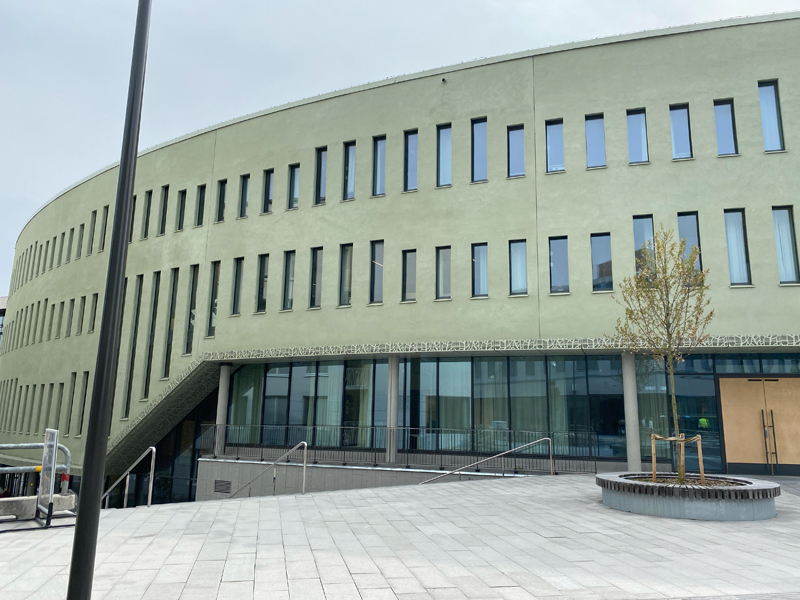Amplifying Gravity at All Scales
Albano 3: 4204 - SU Conference Room (56 seats)
Albano Building 3

General
The detection of gravitational waves from binary systems composed of black holes and/or neutron stars by the LIGO/Virgo/KAGRA collaborations has initiated a new era for studying the cosmos. Yet again gravity is at the center of fundamental physics, both for experiment and theory, and we are heading towards the high-precision frontier. Analytical approaches constitute the future of gravitational waves, cosmology and quantum gravity. Remarkably, quantum field theory provides the mathematical tool of scattering amplitudes which display remarkable simplicity when applied to the non-linear problem of gravity.
This Nordita program is devoted to amplitudes- and QFT-inspired analytic methods for gravity at all scales. The topics covered will include: recent progress for gravitational amplitudes, new perturbative/effective formalisms, and relations between gravity and gauge theory. Higher-order calculations for: post-Newtonian/Minkowskian and self-force corrections to the gravitational potential/wave emission, cosmological correlators and ultraviolet physics probing quantum gravity, and applications to string theory. Challenges of incorporating spin and tidal effects in general relativity, and scattering amplitudes for Kerr black holes. Flat space holography in the form of celestial amplitudes, asymptotic symmetries and gravitational memory.
Themes and preliminary program schedule
A tentative outline for the themes of the four-week program June 26-July 21:
- week 1: intro/tutorials: amplitudes/EFT methods, double copy, gravitational waves, celestial/cosmo correlators
- week 2: celestial amplitudes, inflation, cosmology
- week 3: string/GR amplitudes, UV/IR divergences, multi-loop integration
- week 4: gravitational waves, EFT methods, PN/PM/GSF results, spin/tidal effects
Organizers
- Daniel Baumann
- Zvi Bern
- Alessandra Buonanno
- John Joseph Carrasco
- Paolo Di Vecchia
- Henrik Johansson
- Andrea Puhm
- Oliver Schlotterer
Venue
Main lecture room: 4th floor Nordita (Albano 3, room 4204)



Application/Registration
Application for on-site participation will close on: 31 March 2023. Application form. Registrants will receive an on-site/remote participation confirmation from the organizers after this date.
Conference
The program will be immediately followed by the focus-event conference “From Amplitudes to Gravitational Waves” 24-28 July, 2023. A separate registration is required for this event (deadline: June 15).
Accommodation
Nordita provides a limited number of rooms in the Stockholm apartment hotel, BizApartments, free of charge for accepted participants and after application evaluation.
Sponsored by
The program is supported through funding from Nordita, Uppsala University and the Knut and Alice Wallenberg Foundation:


